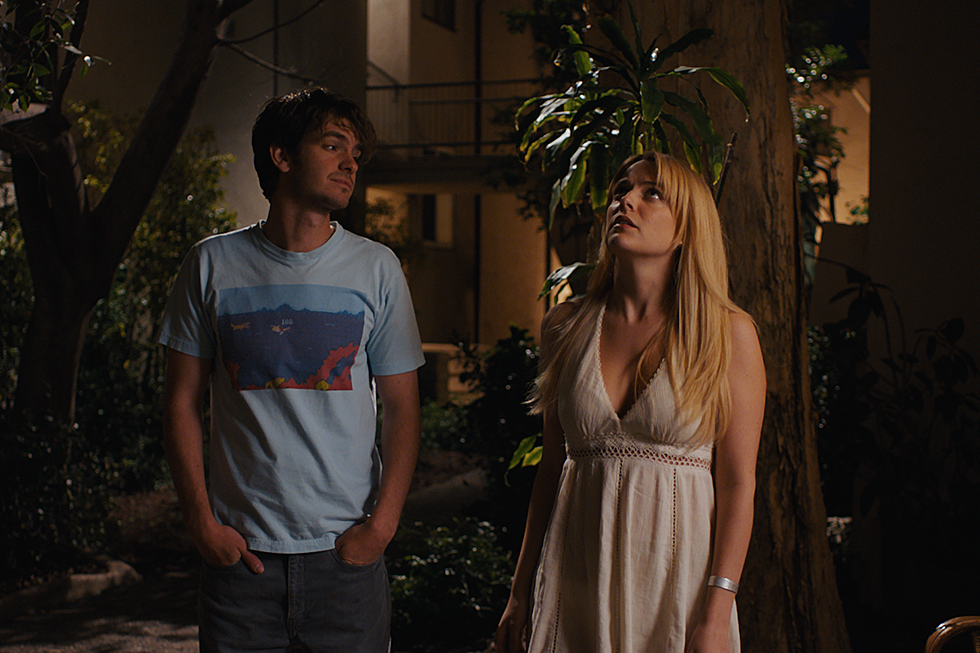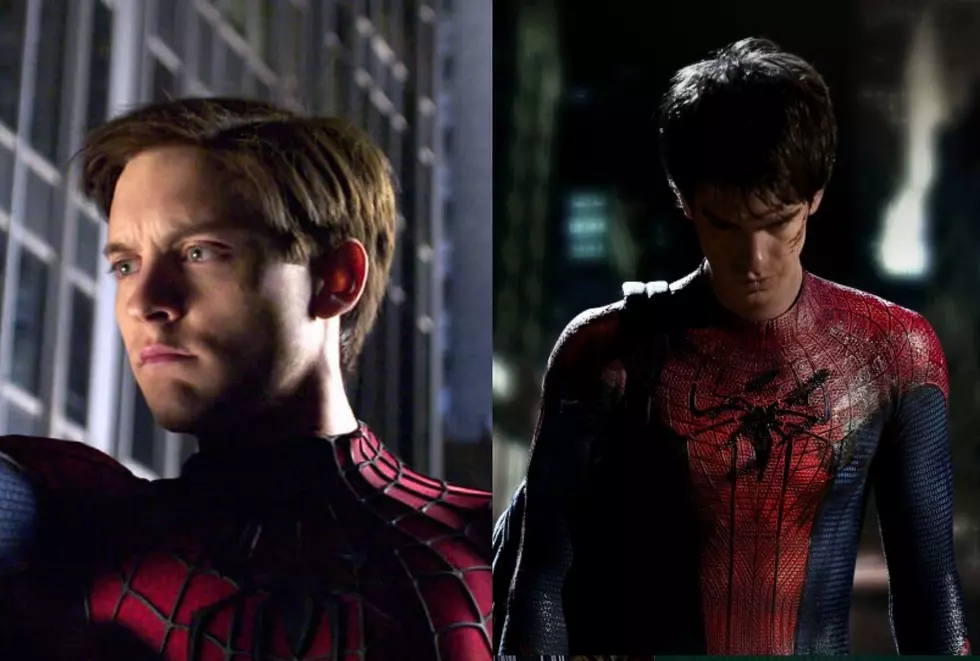
Why ‘Under the Silver Lake’ Is Destined For Cult Film Status
I have seen filmmakers make movies as acts of revenge against their critics before. I’m not sure I’ve ever seen one do it as an act of revenge against their fans. But that’s how I would describe Under the Silver Lake, a film designed to frustrate the very kind of audience that might want to buy a ticket to it. It’s like a honey trap for toxic film bros.
It was written and directed by David Robert Mitchell, whose previous film was the brainy, artful It Follows. That film, a horror story about a sort of STD in monster form, was drenched in atmosphere and filled with thoughtful questions about being a teenager in America — and a lot of the discourse around it ignored all of those interesting elements to focus on inconsequential minutia about “the rules” of the sex monster. For his follow-up, MItchell made a movie about the sort of dude who would write a barely comprehensible 8,000 word Reddit thread about how the It Follows monster works, and also is maybe a secret metaphor for, like, the Iran-Contra Affair.
Andrew Garfield plays the dude. His Sam is a Los Angeles slacker who is terminally late on his rent. Days or maybe even hours from eviction, he makes zero attempt to bail himself out of trouble and instead chooses to fixate on Sarah (Riley Keough), a girl he spies at his apartment complex pool. The pair share one pleasant night together, and when Sam swings Sarah’s apartment the next day he finds the place vacant, and Sarah gone without a trace.
Anointing himself Sarah’s white knight, Sam sets off on a quixotic quest to find her. He follows clues only he seems to notice and probably aren’t even there at all; at one point, he deciphers a “code” he uncovers in a decades-old issue of Nintendo Power. The mystery Sam stumbles upon is entirely incomprehensible to everyone but him — including Under the Silver Lake viewers. But then every conspiracy-minded individual believes they alone can piece together the hidden threads that connect everyone together.
A fair number of festival audiences were put off by Under the Silver Lake’s convoluted plot and its excessive sexuality and nudity. But it doesn’t take a conspiracy theorist to see the film is poking fun at Sam, and at the urge to search for buried meanings in things in order to avoid the painful reality staring you in the face. And Sam’s sexuality is part of that; Mitchell openly compares his hunt for life’s little Easter eggs to the act of masturbation. Some viewers seemed to miss the joke altogether — even though Under the Silver Lake is a movie where former Spider-Man actor Andrew Garfield buys an old issue of The Amazing Spider-Man that then gets stuck to his hand. (If you really want to go all conspiracy theorist on the movie, note that the issue Sam buys is the one where Spidey’s dead girlfriend Gwen Stacy returns to life — and that she bears more than a passing resemblance to Keough’s Sarah.)
Garfield is key to the way the film works — and perhaps to the way it doesn’t for a lot of viewers. He’s so boyishly handsome, and so frequently plays uncomplicated “good guys” in other movies, that his good looks and filmography mask Sam’s dark side and make it hard to see he’s as much the villain of this story as its hero. Mitchell treats Garfield’s every move with skepticism, up to and including his motives for wanting to “rescue” his missing neighbor.
The obvious inspiration for Under the Silver Lake are the slightly aimless, morally ambiguous California private eye films of the 1970s like The Long Goodbye and Night Moves. Mitchell borrowed the look and feel of this long-dead sub-genre to create a cinematic lament for the way things are now, where every film gets treated like a puzzle that must be solved. I imagine plenty of people will hate Under the Silver Lake for the way it embraces this archaic style at the expense of modern tastes. But I didn’t. It reminded me of Roger Ebert’s words reviewing The Box, another polarizing and opaque mystery film: “What can I say? I'm not here to agree with you.”
The last time a movie this obviously a satire was mislabeled as a sincere depiction of everything it mocked was Paul Verhoeven’s Starship Troopers, which flopped in its theatrical release and is now regarded as one of the most interesting mainstream movies of the 1990s. Given Under the Silver Lake’s off-putting qualities — a deliberately unsatisfying detective story, a shady protagonist, a meandering 140-minute runtime — it seems destined for exactly the same fate. But when the dust settles, I expect Mitchell will have successfully redefined his career and his audience. I, for one, am more interested than ever in what he does next. I hope he doesn’t take it personally.
Gallery — Movies With Baffling CinemaScores:





